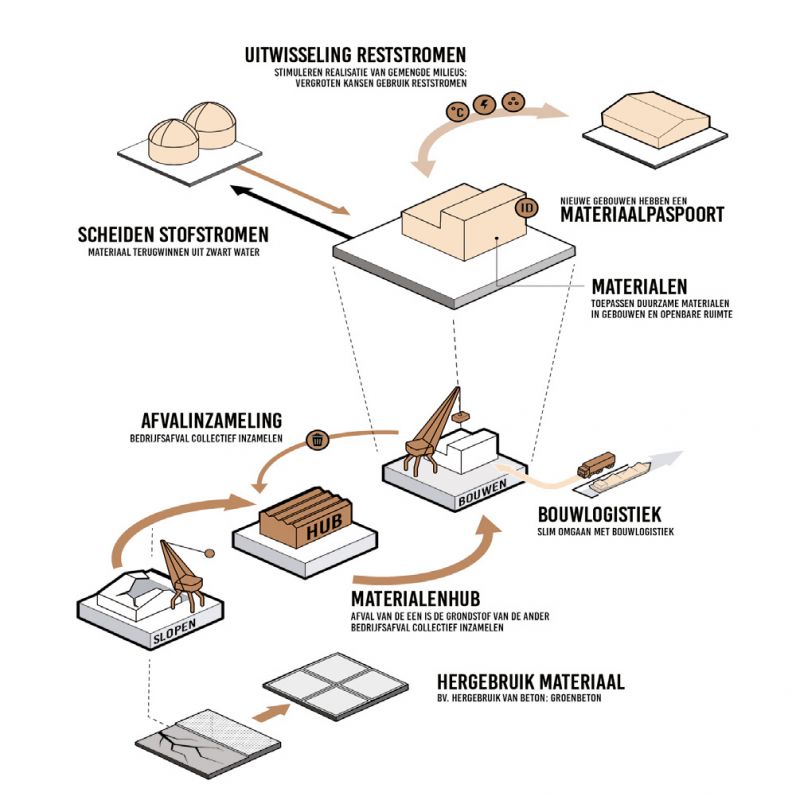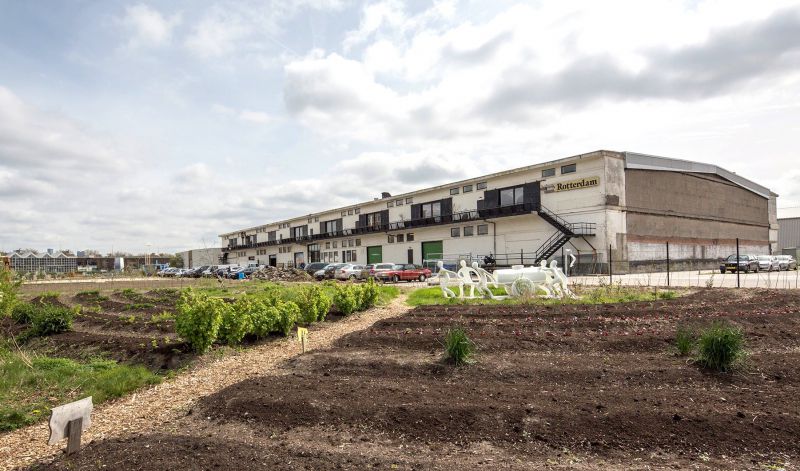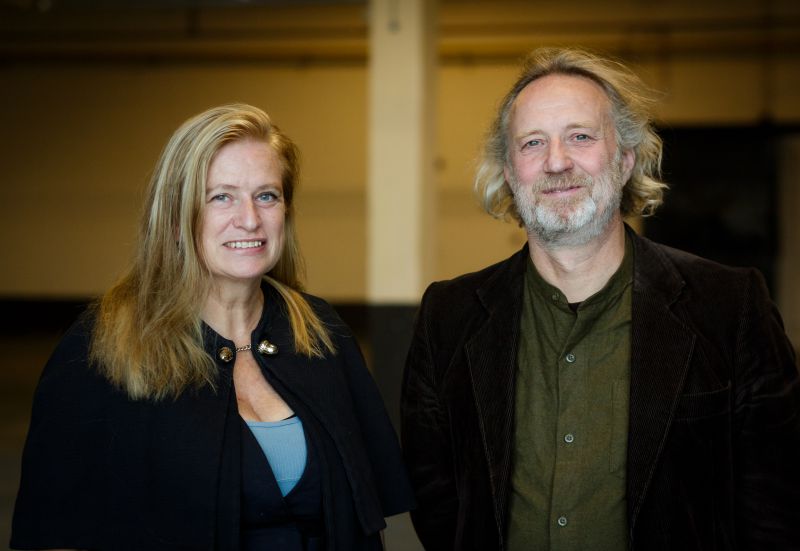For the Test Site M4H+, the IABR-Atelier Rotterdam carried out research in 2018 into what a "circular area development" is or can mean for the area, and what conditions and coalitions are needed to get this going. The research, What Do You Need?, conducted by Team1010, provides insight into promising flows, in involved parties and companies, and into the missing links that must be addressed for a circular future of M4H. The IABR also proposed guiding principles for a sustainable transition, which were translated and integrated into the Spatial Framework that was approved by the Municipality of Rotterdam and the Port Authority in early 2019.

One of eight guiding principles for sustainable area development as advanced by Team1010 / IABR–Atelier Rotterdam
What's next?
The M4H Program Office (PBM4H) has witnessed strong interest among companies and knowledge institutions to develop M4H effectively as a testing ground for the next economy. Parties see M4H as a learning environment, a research object and a subject for debate. Some are already active in the area, such as the Keilecollectief and Studio Makkink & Bey. Many connections are made, but always the question arises: how does M4H really become a learning environment? How do you develop, care for and disseminate existing and new knowledge and skills, and how do you use them specifically for the development of the area itself, how do you involve relevant parties, and how do you get to concrete action?
PBM4H finds that there is currently a specific need for a connector, for a platform that connects programmatically, signals themes and/or challenges, and activates knowledge development based on these observations. What PBM4H deems necessary is an independent platform with a proven trackrecord when it comes to connecting different stakeholders, knowledge and research results, that knows how to put assignments on the agenda of officials and administrators, private parties and communities in situ, and how to commit parties to the results and their implementation.
IABR, naturally, remains enthusiastic about the possibilities that the Test Site M4H+ offers, now and in the longer term. And it decided to walk the talk, in 2020 it will move its offices to the Keilepand, centrally located in M4H.

picture: Frank Hanswijk
The area offers challenges that fit in perfectly with the ambition of the IABR to work concretely and locally, in Rotterdam, while productively combining its mission with its functions as an international platform and as a research & development institution.
As a research platform, IABR is keen to continue a multi-year process in and with all parties in the M4H area and to keep it going while "learning to area-develop by doing": i.e. advance a practice of result-oriented area development in a learning environment. This relates directly to one of the key questions that IABR–2020 asks: can we, as city-makers, think carefully about how we do it and for whom we do it, while we're actually doing it?

picture: Fred Ernst
IABR–2020–Co-Curators M4H+
It is therefore in close consultation with PBM4H that IABR has appointed Rianne Makkink and Jurgen Bey (Studio Makkink & Bey, based in M4H) as IABR–2020–Co-Curators Water as Leverage with a specific brief for the Test Site M4H+. They are to advance the platform referred to above and present the results at IABR–2020. The central question they will explore is how to move from knowledge development to concrete action, how to make M4H a truly interactive learning environment, where the development, preservation and dissemination of expertise can be utilized for the actual development of the area.
The guiding principles from the Spatial Framework, developed by the IABR-Atelier Rotterdam, will serve as a point of reference when Makkink and Bey, of course in close collaboration with the other curators of IABR–2020, the IABR, PBM4H and key players in the area, will explore and visualize what future for M4H we can want.
Click here to read more about the results: WATERSCHOOL M4H+
Test Site M4H+ is a collaboration of IABR, PBM4H, the City of Rotterdam and the Rotterdam Port Authority.